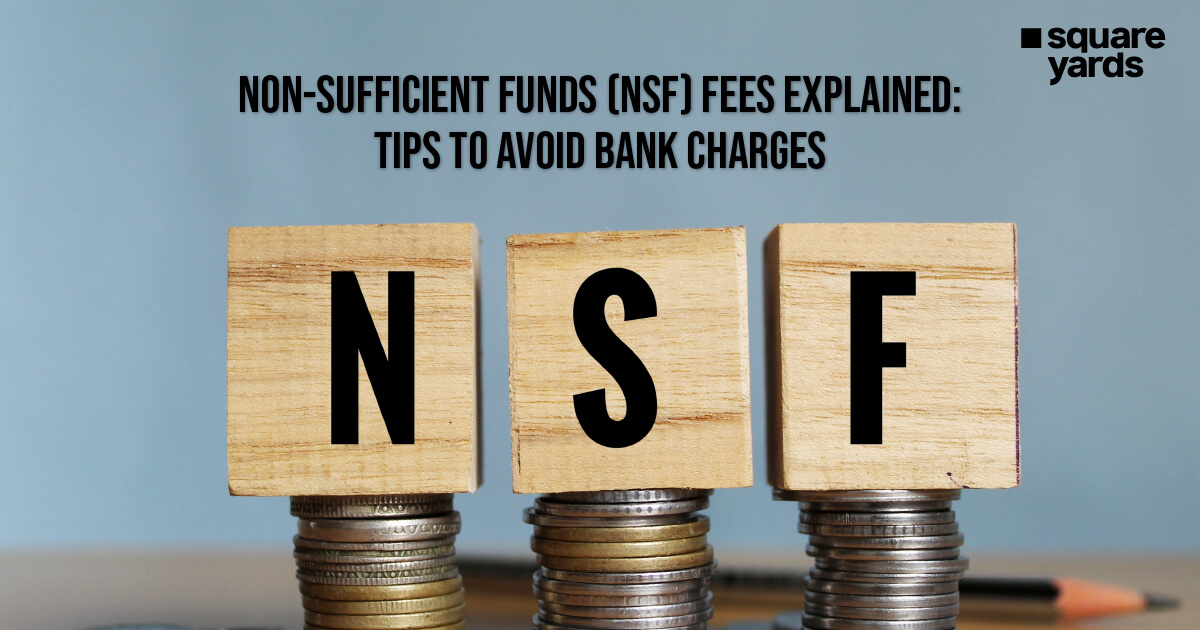Guaranteed Investment Certificate Canada are a risk-free investment option offered by banks, credit unions, and other financial institutions in Canada. When you invest in GICs, you can put money in a bank and earn income on it. The drawback is that the interest rate is based on the period of the commitment, but the mandatory deposit time is fixed. Essentially, when you buy a GIC, you are lending the bank money and getting interest in return. GICs are a common type of investment product in Canada since they typically offer guaranteed returns. Although those returns are often insufficient to make GICs someone’s principal investment vehicle, they can appear more alluring when interest rates and economic uncertainty are both rising. To appreciate how a GIC can fit into your entire financial strategy if you’re considering to invest in one, it’s essential to understand how GICs operate.
Information Before Investing In a GIC or Term Deposit
Before giving you a GIC or a term deposit, federally authorised financial institutions are required to disclose certain information. Depending on the type of financial institution you’re working with, there may be certain criteria. They must communicate with you the necessary facts in a simple, straightforward, and truthful way.
They must provide you with information at the time of or before entering into an agreement with you, such as:
-
- The product term
- How the principal is to be paid back, and when
- How the interest is to be paid (if any)
- Annual interest rate if the annual rate of interest is fixed.
- If there is a variable rate of interest, then:
- Its calculation
- the rate they use to compute your rate of interest (for e.g., the prime rate)
- the existing rate of interest when they disclose the information
- how you may get the rate of interest from them during the period of investment
- Any applicable fees and their effect on the interest due.
- The start and end dates of the investment period (only for trust and loan firms).
- If you cash in the product before the last date of investment, they should tell you how cashing it in early affects the interest you earn
- Details that would apply if they are permitted to automatically reinvest your funds without a new agreement include:
- Whether the interest rate is fixed or variable, the actual rate of interest or the way to calculate it
- Period of investment
- If and how you can cancel the product
- If and under what conditions they can modify a term or condition
- Product risk, such as accumulation of no interest
- If the product is insured by the Canada Deposit Insurance Corporation (CDIC) or not
When You Make a Phone-Based Agreement
The details above must be conveyed to you before you sign a telephone contract for this kind of product. After selling you the product, they must also give you the information in writing without delay.
When You Online or by Mail Engage Into an Agreement
Before you sign a contract for this kind of product digitally or by mail, they must give you the following information:
-
- The written information mentioned above
- The contact information for a person who is informed about the product’s terms and conditions.
Right To Know if the Terms and Conditions Are Modified
They must give you written notice of any changes to the terms and conditions of the product you purchased before:
-
- The shift
- Any possible effect on the interest you’ll be paying
Knowledge of a Product’s Current Value
They have to give you certain information right away if you want to know the current value of your investment. This comprises both the capital (the sum you invested) and any interest accrued as of the day the request was made.
Reselling the Item Before Its Expiration Date
They must inform you of the following before redeeming this type of product prior to its expiration date:
-
- The principal amount and interest earned
- The sum of any early withdrawal fees or penalties
- The total sum you will be paid
Ability To Stop an Automatic Renewal
After the initial investment, a financial institution subject to federal regulation may automatically reinvest your money. Within 10 business days of the beginning of the new term, you may cancel this new investment. Check the terms and conditions of your initial agreement if you find yourself in this scenario. You may also contact them for information on how to return the product. Informational right before renewal or rollover. When providing you with a product or service that is renewed or rolled over, banks are required to provide you with specific information.
They will provide the following information if the product or service has a duration longer than 30 days:
-
- 21 days prior to the term’s end, and
- 5 days preceding the term’s conclusion
They will provide the following details for products or services within a period of 30 days or less:
-
- 5 days before the term’s conclusion
They have to give you the following details:
-
- What interest rate will be used
- Any fees or fines that might be imposed
- Specifics of your obligations and rights
- The timeframe during which they’ll permit you to terminate the contract
When You’re Eligible For These Rights
When interacting with a financial institution that is subject to federal regulation, such as a bank or federal credit union, you are entitled to certain rights.
You May Also Read
|
Guide To IRS Audit Triggers |
|
|
How To Buy Now Pay Later in Canada |
|
|
Know The Cryptocurrency Investment |
|
|
All About E-Transfer in Canada |
Frequently Asked Questions (FAQs)
A guaranteed investment certificate Canada offers a fixed rate of return while protecting the initial investment, making it an enticing choice for low-risk investors.
Pros- When your GIC matures and how much interest you'll receive at the end of the period are both fixed dates. Cons- GICs are safe investments, but they offer very poor returns compared to other types of investments.
A guaranteed investment certificate Canada (GIC) is a safe, low-risk investment that ensures the full return of your initial investment while yielding yearly income at a fixed or variable rate based on a predetermined formula.
Guaranteed Investment Certificate interest rates are now 5% in 2023.
The GIC functions similarly to a certificate of commitment in the United States. With GICs, you put money in the bank and get interest on it. Are guaranteed investment certificates worth it?
What are the pros and cons of a guaranteed investment certificate?
How much of a GIC is guaranteed?
What are the rates of GIC in 2023?
Is a certificate of deposit the same as a GIC?











